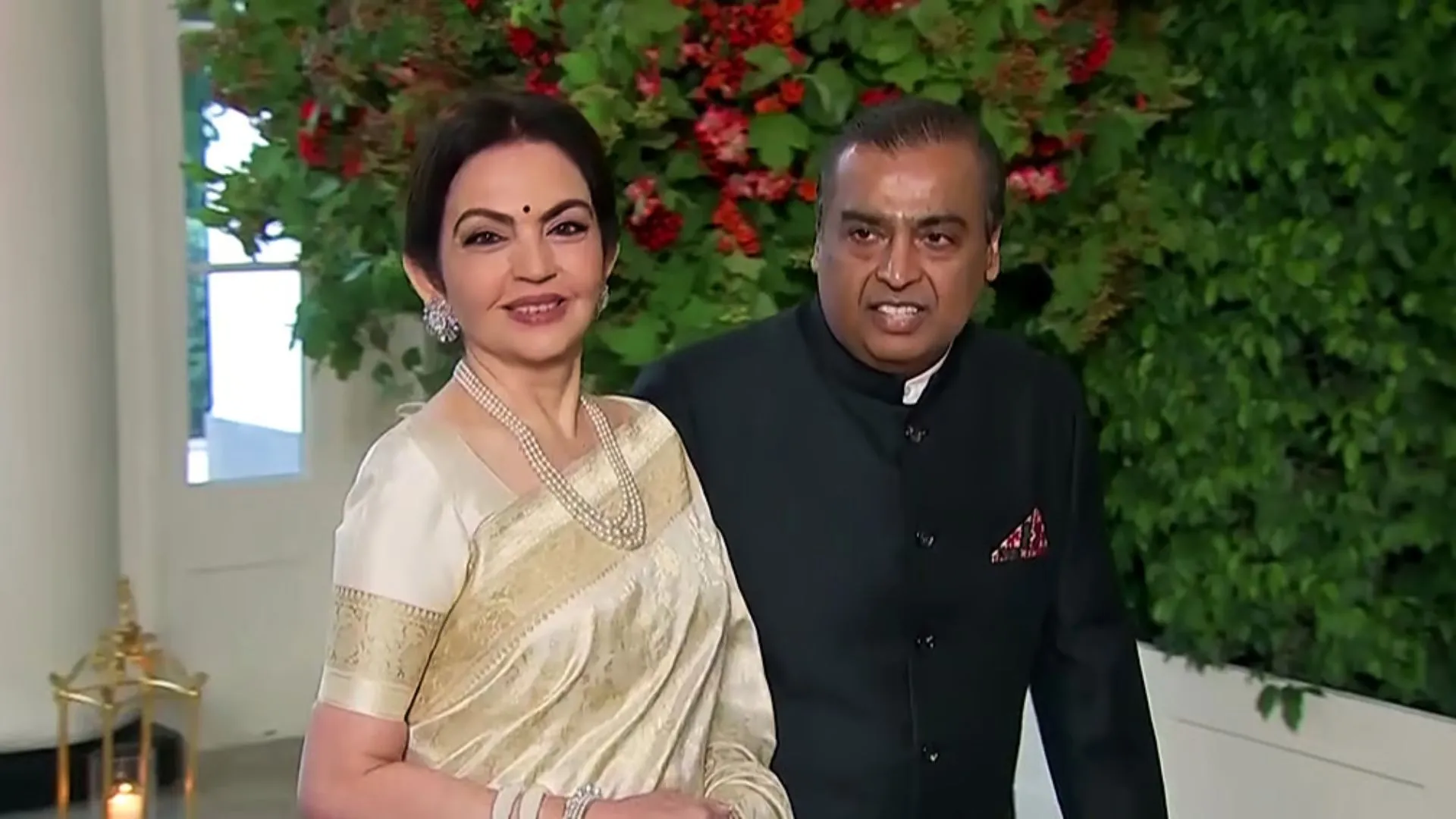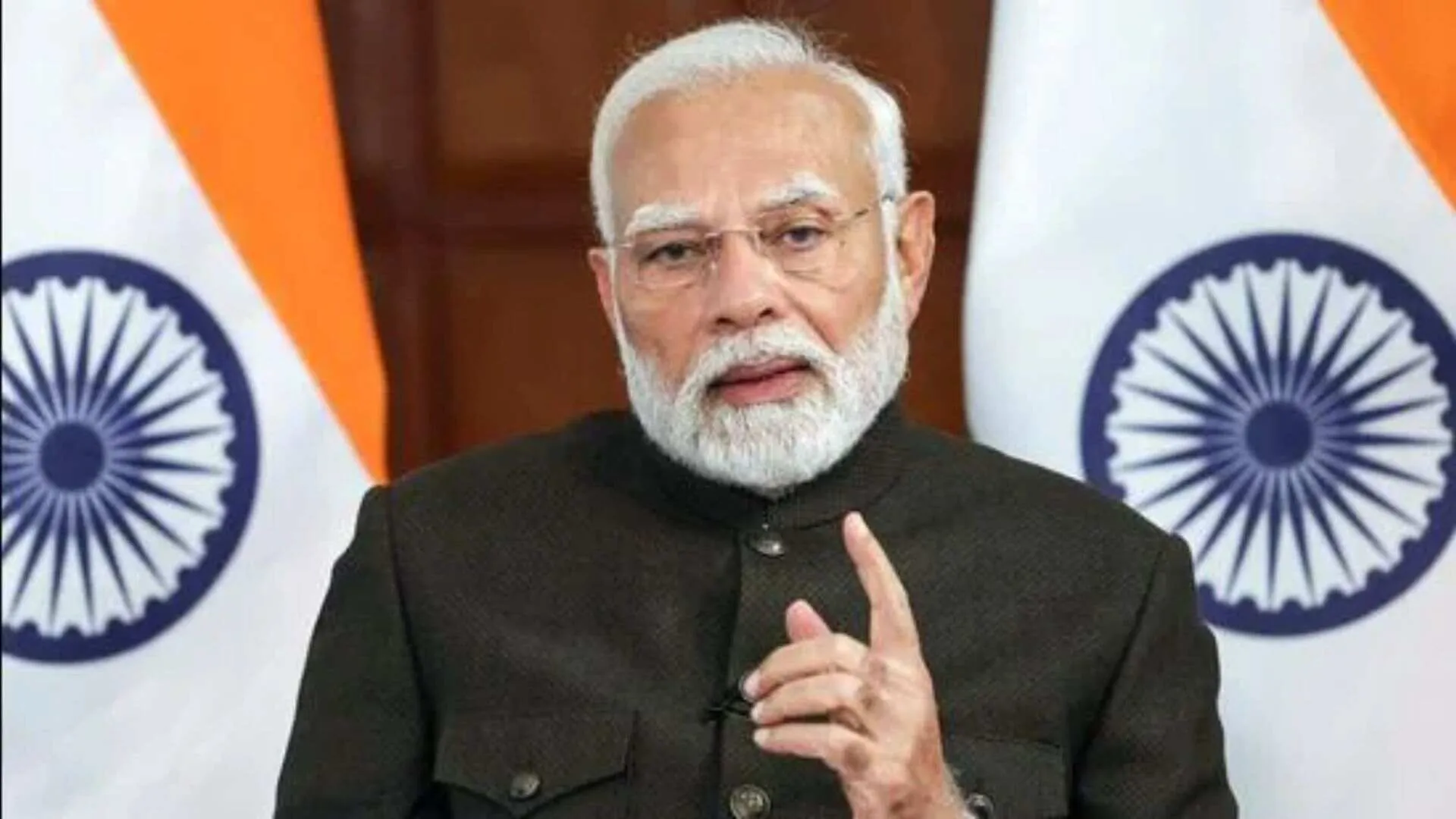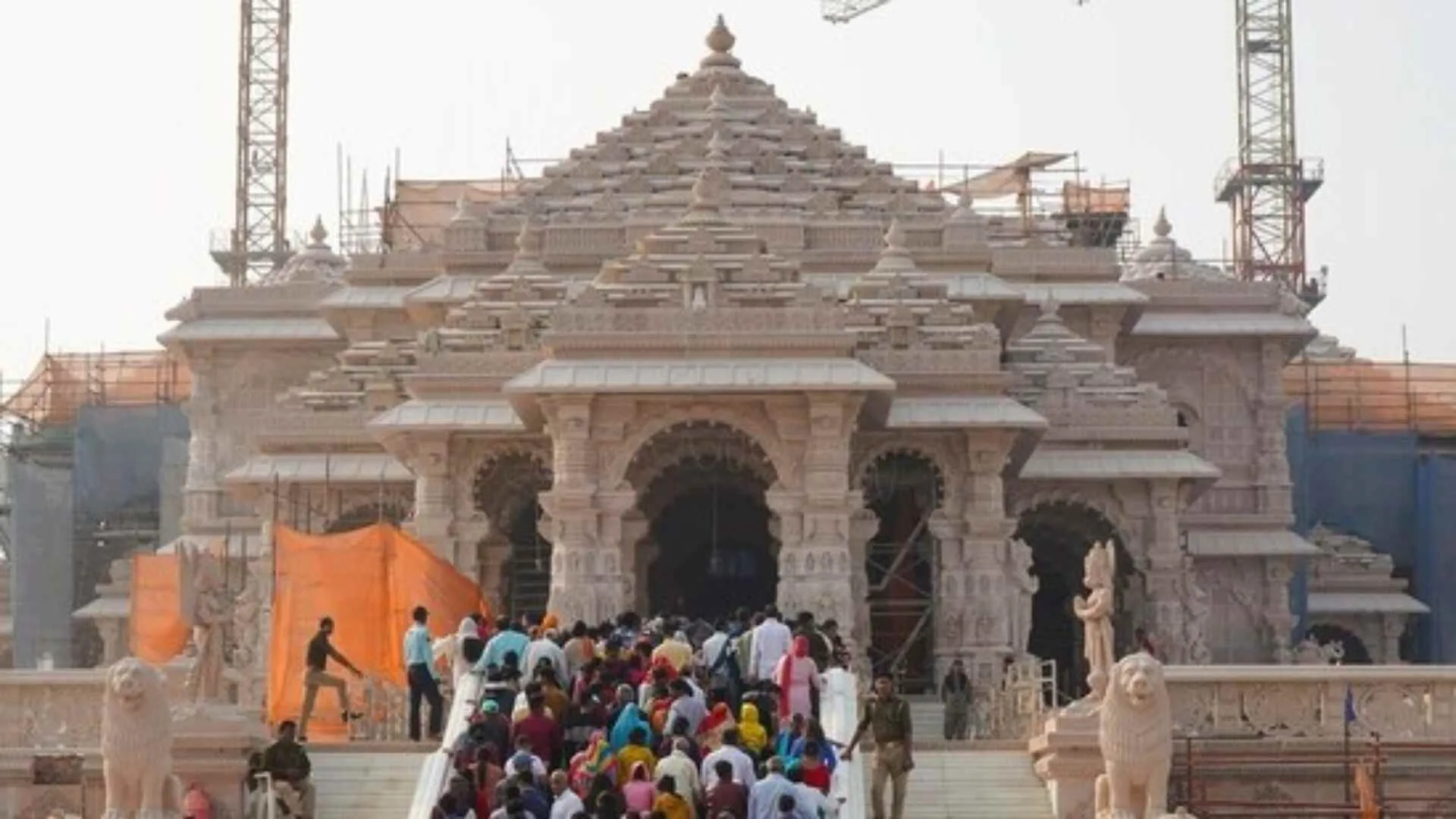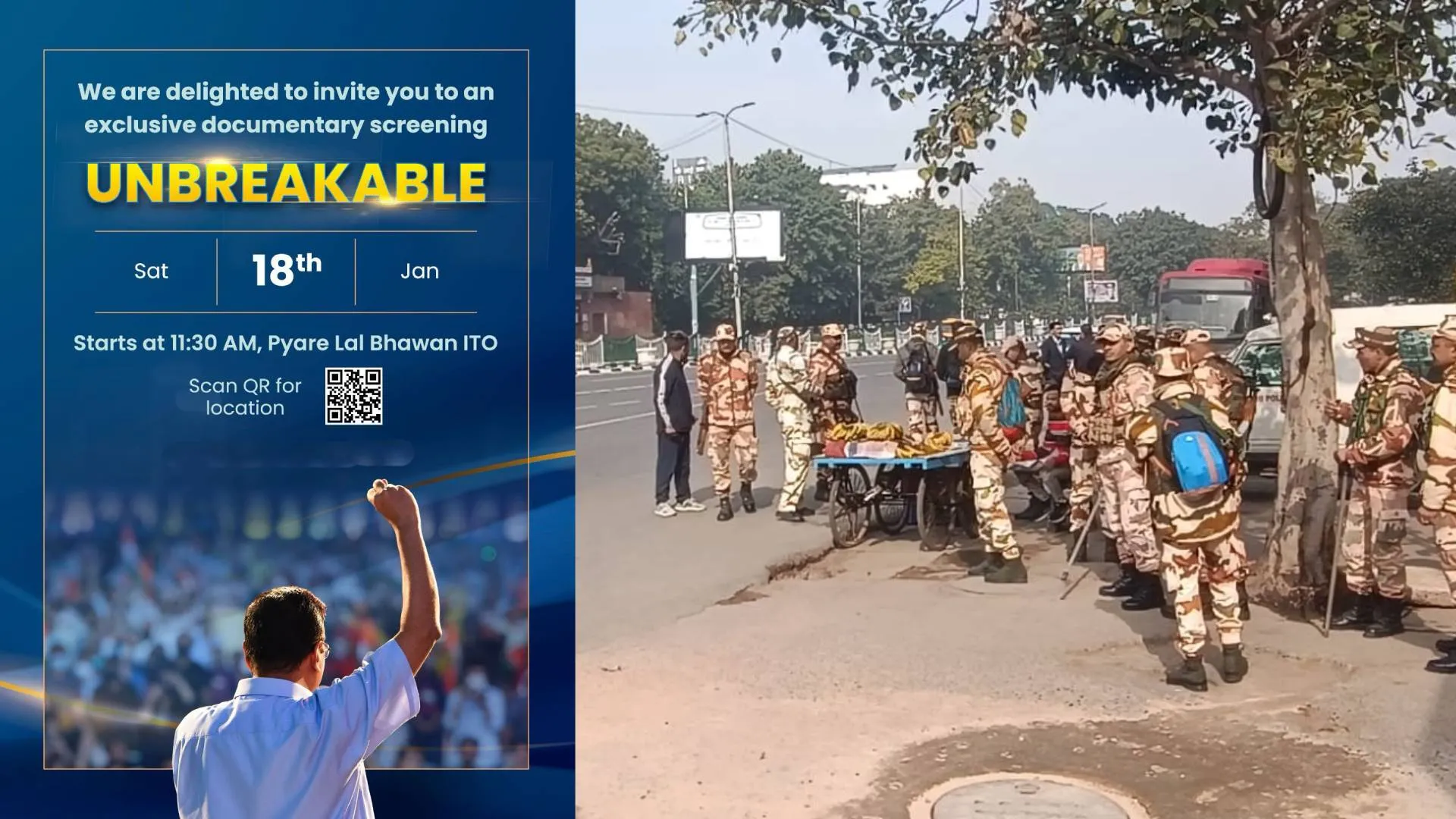After the outcome of Lok Sabha elections, the BJP has been engaged in deciphering the result. Although the Bharatiya Janata Party and the Sangh are independently investigating the reasons for their defeat in Rajasthan and UP, initial reports from these states suggest a significant issue. The reports cite that internal sabotage has been a big reason for the defeat. It appears that, in some areas, party workers acted against the party instead of supporting it.
In Rajasthan, the state-level investigation has been completed. During the meeting of Rajasthan BJP leaders to determine the reasons for their defeat, the real weaknesses were concealed, and blame was shifted among members. he results showed that discipline within the party, known for its orderliness, has begun to weaken. Weak state leadership and interference from Delhi have directly contributed to this situation. Regarding the defeat in 11 constituencies, leaders at the state headquarters spent two days blaming each other instead of conducting in-depth brainstorming and identifying the real causes. There were also reports of dissatisfaction with candidates imposed by the high command, particularly in Churu, Ganganagar, Bharatpur, and Karoli Dholpur. In Jhunjhunu, Sikar, and Churu, internal sabotage was a significant factor. Jhunjhunu candidate Shubkaran Chaudhary has consistently mentioned sabotage.
The high command’s experiment of changing candidates in certain seats largely resulted in losses for the party. Delhi leaders who attended the meeting have submitted their report to the high command. Chief Minister Bhajan Lal Sharma has met with Prime Minister Narendra Modi and presented his findings. State President C P Joshi has also submitted a separate report. Sources indicate that the high command is very displeased with the Rajasthan results, and many leaders are expected to face repercussions. The Sangh is also preparing a separate report, which may lead to further upheaval in Rajasthan. It is yet to be seen whether these changes will occur now or after the Haryana and Maharashtra elections in October. By then, Bhajan Lal Sharma’s government will have completed one year, and the election results for both states will be out. This will allow the high command to make strategic decisions accordingly. If the party suffers further losses and weakens in both states, old faces might make a comeback. The nature and timing of these changes remain uncertain. Additionally, the Rajya Sabha seat vacated by the resignation of C Venugopal is expected to be filled, with indications pointing to a Jat leader being appointed.
Reports indicate that even in Prime Minister Narendra Modi’s constituency, Varanasi, there was internal sabotage. In Rajasthan, constituencies such as Jhunjhunu, Dausa, and Sikar experienced a lack of support from party workers. Additionally, SC, ST, and tribal communities in Rajasthan voted against the BJP due to fears about losing their reservations. Among the Jats, issues like the farmers’ movement, the suppression of the wrestlers’ movement, and schemes like Agniveer significantly impacted the BJP’s performance, leading to losses in Jat-dominated areas. Overall, the BJP lost 40 seats in these two states compared to the previous elections, a substantial setback. In Uttar Pradesh, the BJP had anticipated winning more than 70 seats, while in Rajasthan, they expected to secure 20 to 22 seats.
On the other hand, in Uttar Pradesh, the BJP secured only 33 seats compared to 62 in 2019, while in Rajasthan, they won just 14 seats instead of 25, resulting in a loss of 11 seats. The combined loss of 29 seats in UP and 11 in Rajasthan totals 40 seats. Otherwise, the BJP would have achieved a majority on its own. The reversal of fortunes in UP and the significant losses in Rajasthan within just six months are major concerns for the BJP. Committees are currently investigating the situation in UP.





















